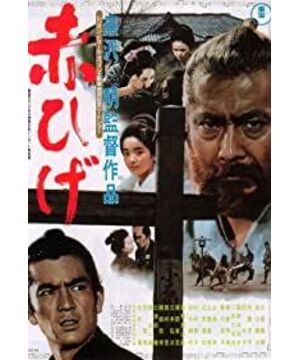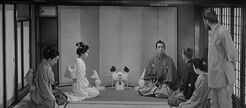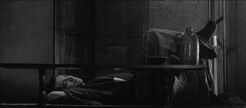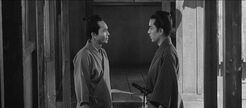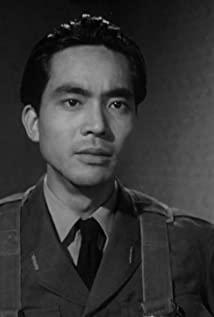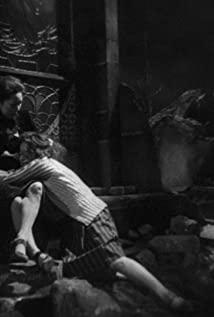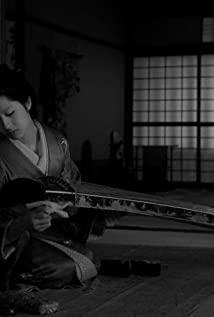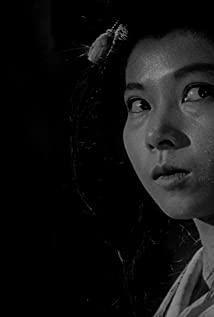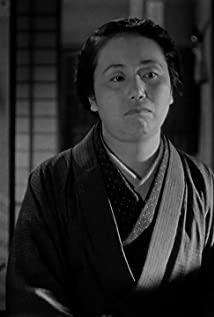I studied medicine, but not medicine. I haven't found the answer until today. Because there are too many sufferings in the hospital, I have not been prepared to face it.
Classic lines:
"You can chew the bad taste, and the same is true at work."
"In fact, there is no forensic cure for any disease. Poverty and ignorance can be solved, and the disease will be greatly reduced. There is always human misfortune behind the disease."
Story Fragment One:
A stunningly beautiful patient lived in a special ward. She has a strange disease, she will seduce men with beauty, and then kill them. The little doctor experienced and restored the story firsthand.
two:
The old man endured the pain and died without saying a word. His wife abandoned him and eloped with the young man. In order to keep her concubine, she married her daughter to him and worked to support him by herself. After her death, he lost his support. The daughter was forced to ask the old man for money, but the daughter killed him.
three:
Snow day. The woman gave an umbrella to the man who got wet. The man fell in love with her. The man ransomed the woman and the two lived together. Soon, an earthquake occurred. When the man went home, he saw a ruined wall and no woman. Two years later, the man ran into the woman. She is carrying a baby born to another man. The man was extremely sad, and the woman came to visit, explaining the reason. She was accustomed to suffering. After meeting him, she was too happy and deeply disturbed. She took the earthquake as an opportunity to end it all. Living in a daze with his fiance, he didn't wake up until I met him again. She took the dagger, told him to hold herself tightly, and committed suicide.
Four:
Dengdai was twelve years old. He was beaten by the old bustard and forced to pick up guests, and had a high fever. The doctor took her back to the clinic. She refused to make a diagnosis or cooperate. Just work silently until he collapses. The doctor fed her medicine, she pushed it away, fed it again, and pushed it away. After repeating this four times, she took a sip of the medicine.
The little doctor served her food, she pushed it away and broke the bowl. Later, he sneaked away to beg, and bought a bowl with the money he was asking for. The little doctor fell ill, so Deng Dai came to look after him instead. She smiled. The little doctor's girlfriend came to see him, gave him a kimono, and gave it to Dendai. Dengdai threw it away, and was blamed by many women. Dengdai's mental illness relapsed and only worked silently. She let go of the 7-year-old thief. The thief asked her out and gave her the candy he had stolen. The thief’s parents were incompetent, and the two older brothers would only eat their fingers when they were hungry. Only he stole something and went back to support the family. Dendai accepted the sugar and gave it to him instead, and asked him not to steal it anymore. She would give him the leftovers every day. For the last time, the thief said that their family was moving to a distant place, where there was no need to worry about eating. The family committed suicide by taking poison. The thief was rescued.
Character arc:
At first, the little doctor looked down on the clinic, but at the end he gave up the opportunity to attend the shogunate and asked to stay in the clinic.
Other impressions:
The groom asked the bride at the wedding, can you accept poverty? Please think carefully. The bride only bowed slightly.
He asked his ex-girlfriend:
is it you?
I heard that you gave birth to a child. Is he healthy?
She only said two yes.
Her father said there was a grandson in her arms.
She said thank you.
This is the minimalist and subtle Japanese style.
Think of Natsume Soseki's translation of "I love you" as "The moonlight is so beautiful tonight!"
The kimono makes the back of the neck beautiful, the posture of the woman walking is beautiful, and the curve of the woman bowing and sitting on her knees is beautiful.
Toshiro Mifune opened the sliding door, and the tree trunks, snow, and eaves outside the door were a beautiful painting.
View more about Red Beard reviews


